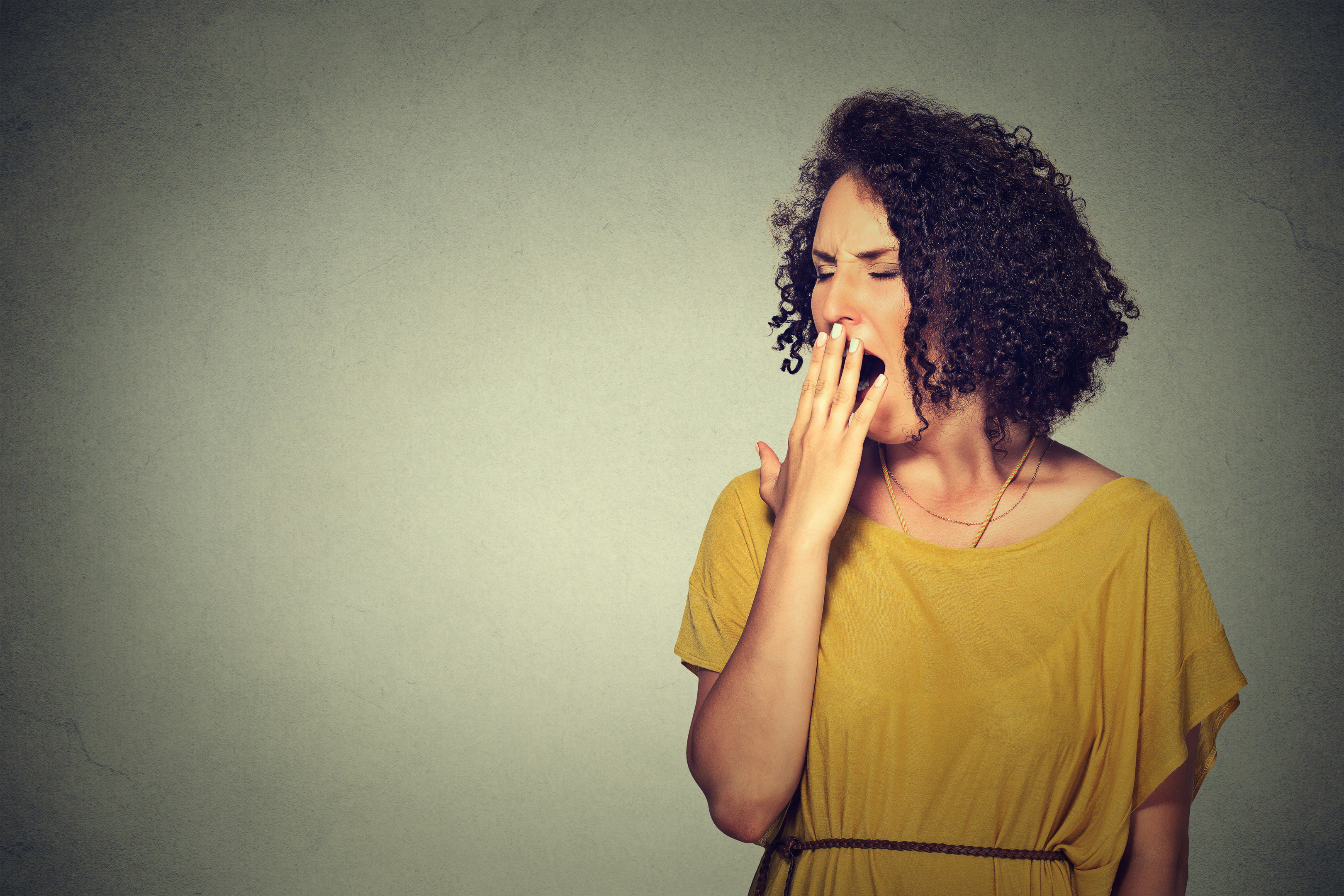
EARLY risers are less likely to develop some mental health problems than “night owls”, according to a new study.
Researchers have found that being genetically programmed to get up early in the morning may lead to greater well-being and a lower risk of schizophrenia and depression.
The study, which was led by academics at the University of Exeter and Massachusetts General Hospital, sheds light on the body clock, and the links to mental health and disease.
They found that the retina in the eye plays a key role in helping the body to keep time.
The research was conducted in 250,000 US-based research participants from 23andMe, a company that provides private genomic analyses, and 450,000 people in the UK Biobank study.
All participants were asked if they were a “morning person” or an “evening person”, and their genomes were analysed to look at which genes they had in common which may influence their sleep patterns.
The researchers confirmed their results using information from wrist-worn activity trackers used by more than 85,000 individuals in the UK Biobank.
This information showed that the genetic variants the researchers identified could shift a person’s natural waking time by up to 25 minutes – changing some people’s waking time from 8am to 8.25am, for example.
The researchers found that the genetic areas influence sleep timing but not the quality or duration of sleep.
The genomic regions identified include those central to our body clocks, also referred to as circadian rhythms, as well as genes expressed in the brain and in retinal tissue in the eye.
The body clock cycle is slightly longer than the 24-hour daily cycle and the eye tissue connection may help explain how the brain detects light to “reset” the body clock each day and to align with the 24-hour cycle.
Professor Mike Weedon, who led the research in Exeter, said: “This study highlights a large number of genes which can be studied in more detail to work out how different people can have different body clocks.
“The large number of people in our study means we have provided the strongest evidence to date that ‘night owls’ are at higher risk of mental health problems, such as schizophrenia and lower mental well-being, although further studies are needed to fully understand this link.”
The body clock is influenced by genes and lifestyle factors including diet, exposure to artificial light and jobs and activities. It affects a wide range of molecular processes, including hormone levels and core body temperature, as well as waking and sleeping patterns.
Lead author Dr Samuel E Jones added: “We still know very little about whether or not your body clock influences your risk of disease.
“Our work indicates that part of the reason why some people are up with the lark while others are night owls is because of differences in both the way our brains react to external light signals and the normal functioning of our internal clocks.
“These small differences may have potentially significant effects on the ability of our body clocks to keep time effectively, potentially altering risk of both disease and mental health disorders.”
– The study, Genome-wide association analyses of chronotype in 697,828 individuals provides insights into circadian rhythms, is published in the journal Nature Communications.

Enjoy the convenience of having The Sunday Post delivered as a digital ePaper straight to your smartphone, tablet or computer.
Subscribe for only £5.49 a month and enjoy all the benefits of the printed paper as a digital replica.
Subscribe